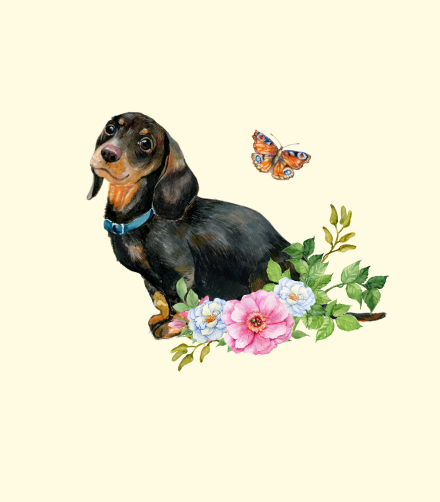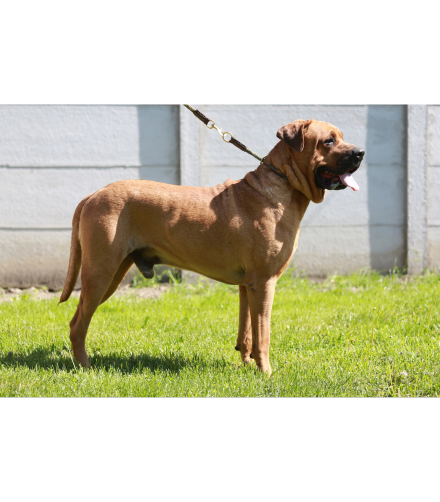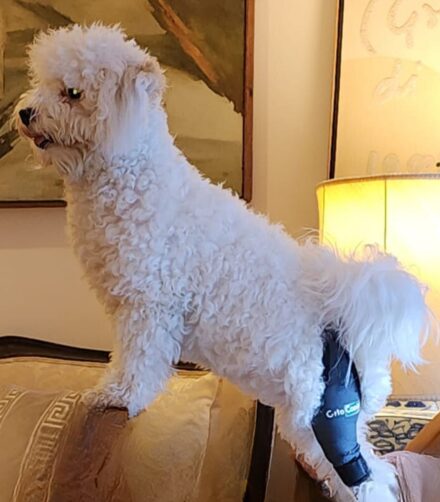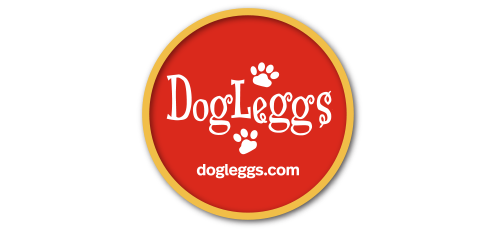History of the Dachshund: The Beloved Dachshund, often affectionately referred to as the “Sausage Dog” or “Wiener Dog,” has a rich history that dates back to 15th-century Europe. Originating in Germany, these dogs were initially bred for hunting, specifically to pursue badgers and other burrow-dwelling animals. The distinctive elongated body and short legs were crafted to facilitate entering underground tunnels, while their tenacious personality made them effective hunters.
Over time, Dachshunds evolved into beloved companions, winning hearts with their charming appearance and lively demeanor. Today, they come in three coat varieties—smooth, long-haired, and wire-haired—each possessing its own unique appeal.
Caring for Dachshunds: Caring for Dachshunds requires attention to their specific needs:
Exercise: Despite their small size, Dachshunds are active dogs that benefit from daily walks and playtime. However, caution should be taken to avoid activities that strain their long spine, such as excessive jumping.
Training: Dachshunds are intelligent but can be independent. Consistent training from an early age helps establish good behavior and prevents stubborn tendencies.
Grooming: The grooming needs vary depending on the coat type. Smooth-coated Dachshunds require minimal grooming, while long-haired and wire-haired varieties need regular brushing to prevent matting.
Weight Management: Due to their elongated bodies, Dachshunds are prone to weight-related issues. Maintaining a healthy diet and regular exercise is crucial to prevent obesity and strain on their spine.
Health Concerns:
Dachshunds are predisposed to certain health problems, primarily associated with their unique body structure:
Intervertebral Disc Disease (IVDD):
Their long spine makes them susceptible to disc issues. Activities that cause stress on the back, like jumping on and off furniture, should be minimized to reduce the risk of IVDD.
Obesity:
Extra weight can exacerbate back problems, so it’s important to monitor their diet and ensure they stay within a healthy weight range.
Orthopedic Issues:
Dachshunds may be prone to orthopedic problems, such as patellar luxation, which involves the displacement of the kneecap.
Family Pets:
The beloved Dachshunds or “sausage dogs” are known for their affectionate nature and often form strong bonds with their families. They can be good family pets, especially in households where their exercise needs and potential back issues are understood. Their playful and loyal disposition makes them suitable for families with children, as long as interactions are supervised to prevent accidental injuries.
In summary, Dachshunds are delightful and loving companions, but potential owners should be aware of their unique care requirements and health considerations associated with their distinctive body shape.





















